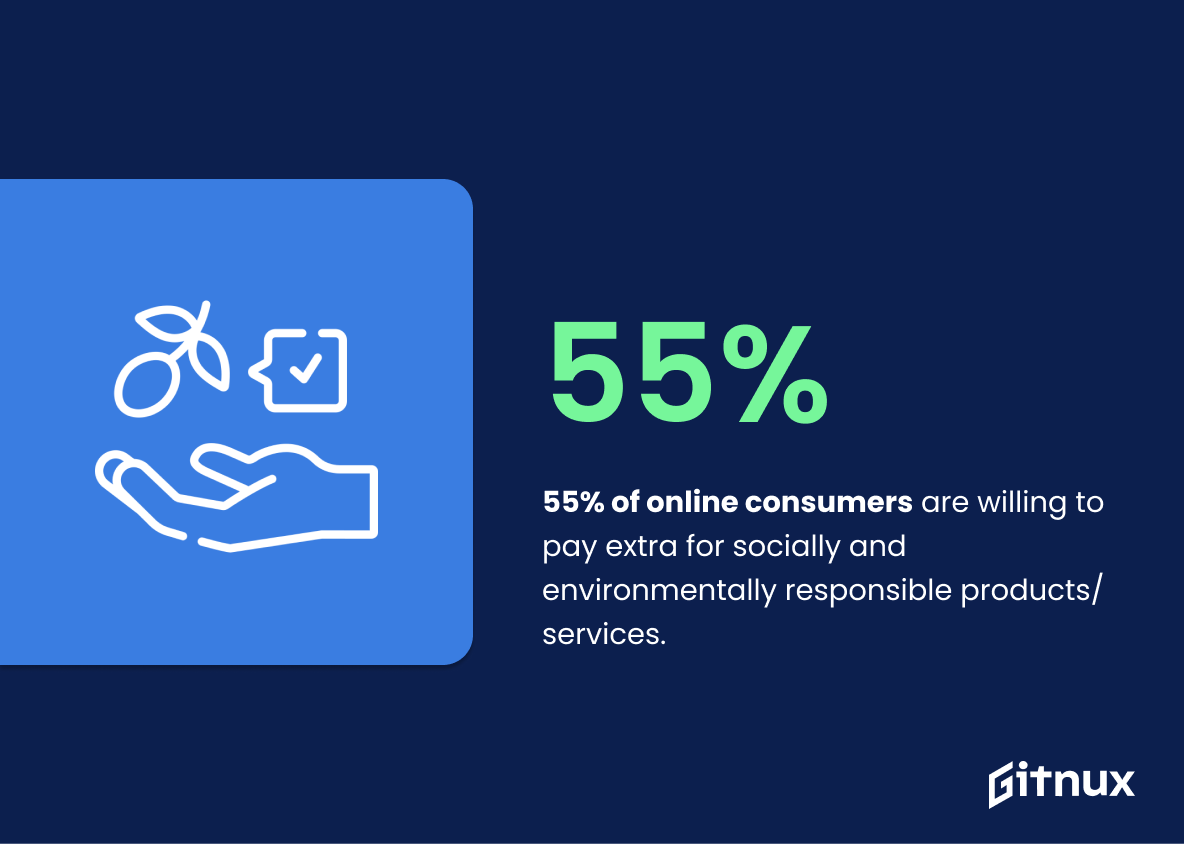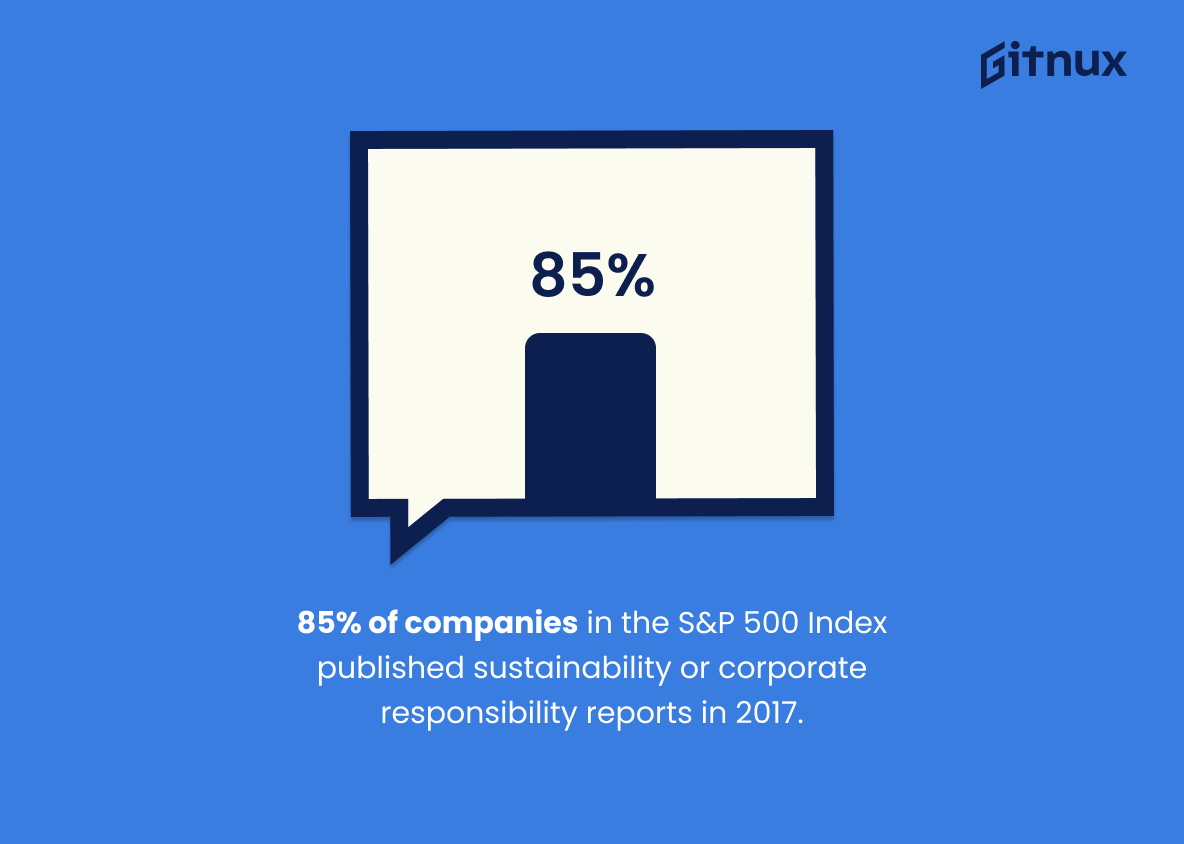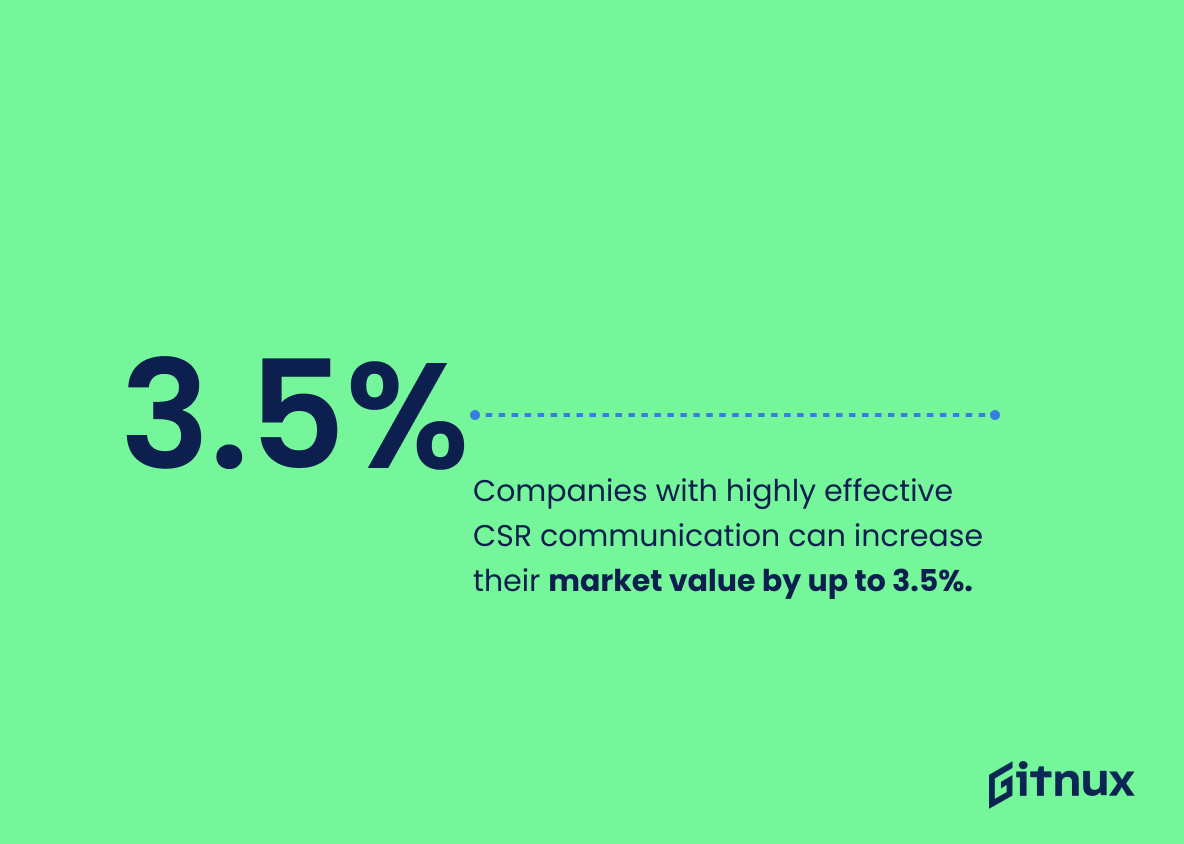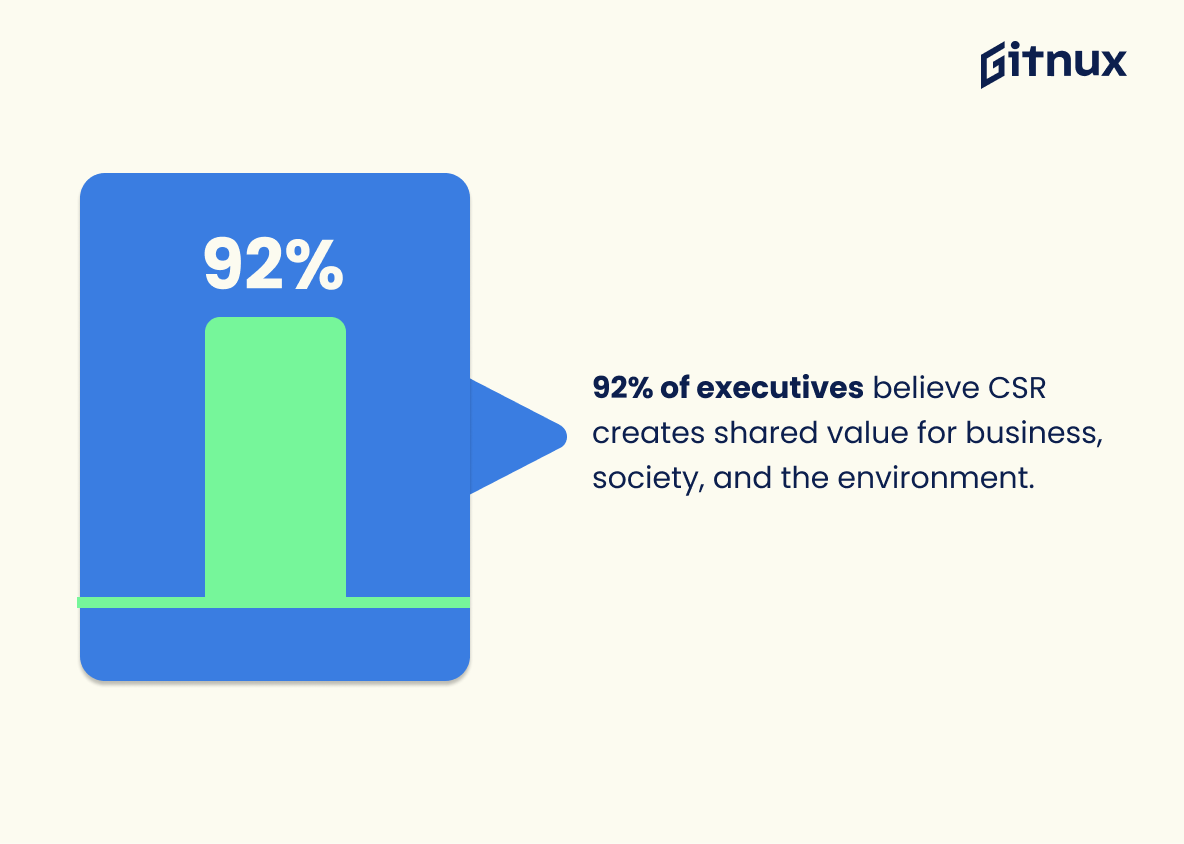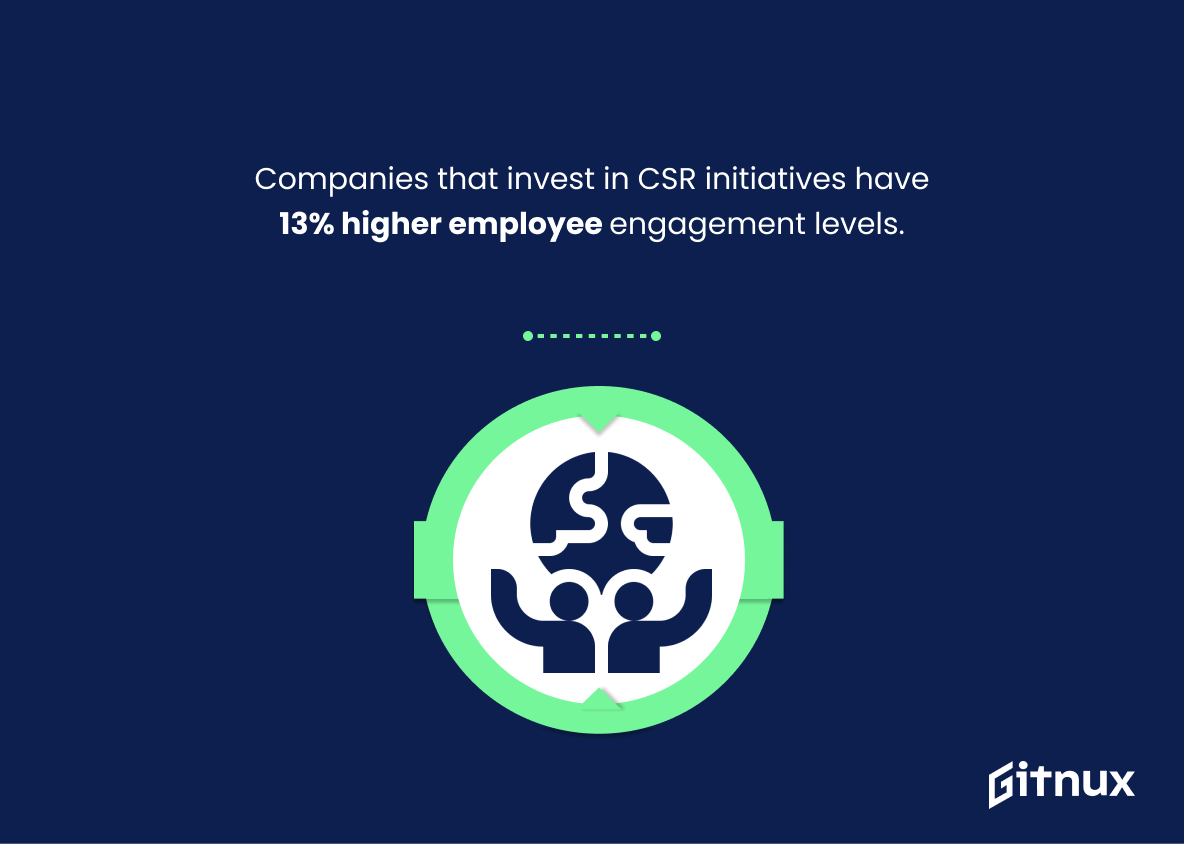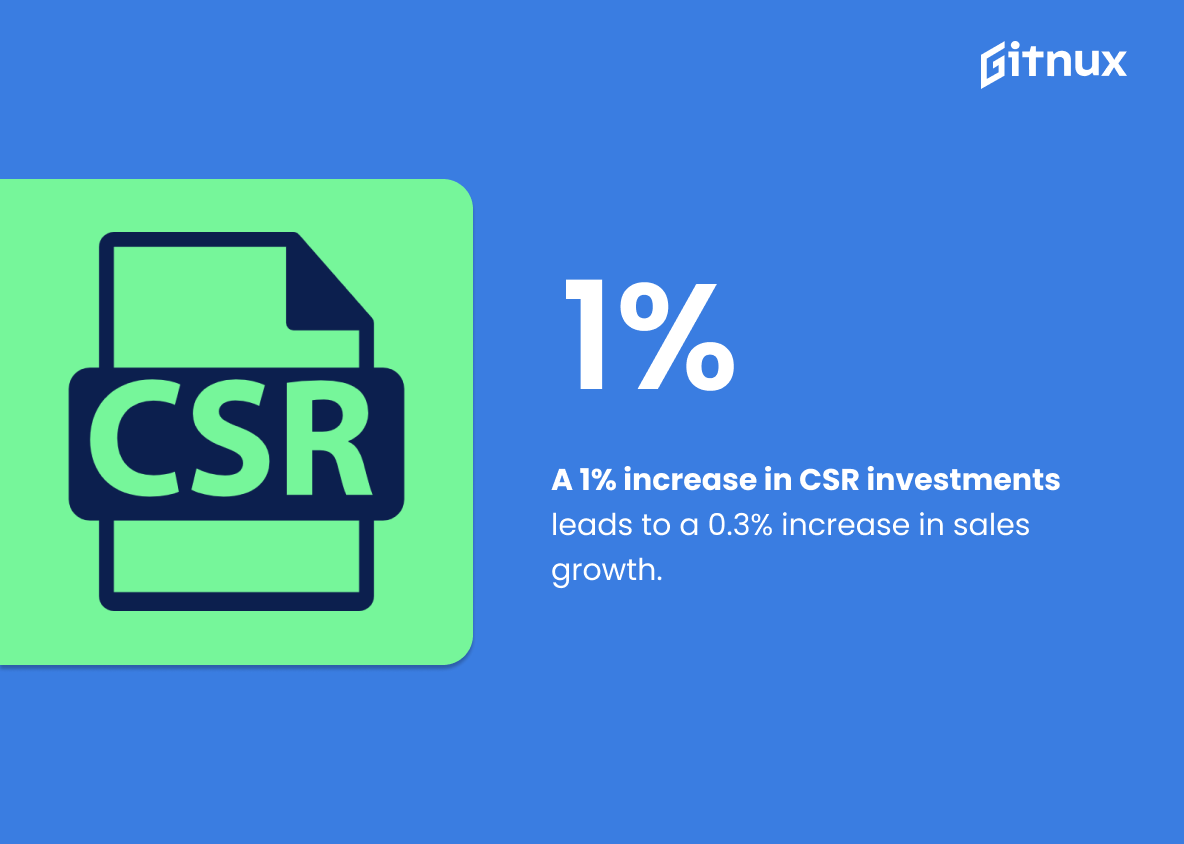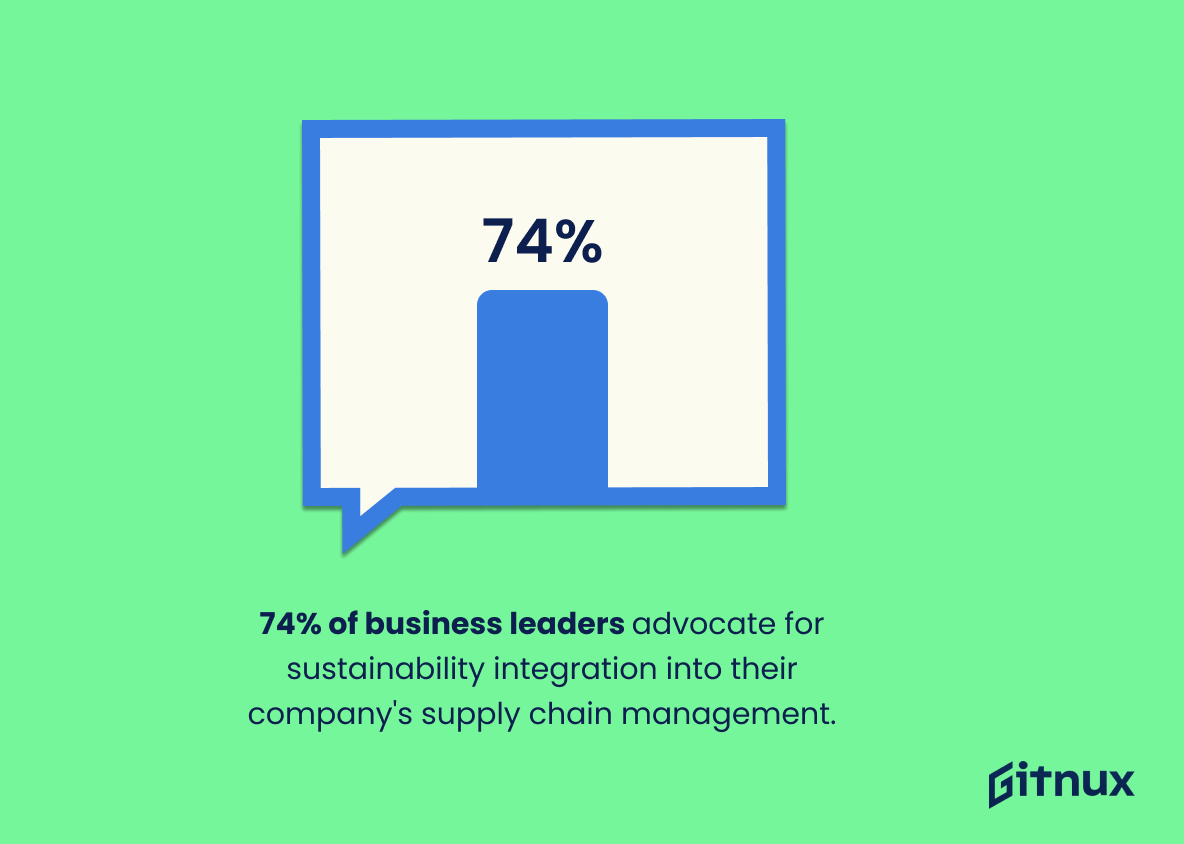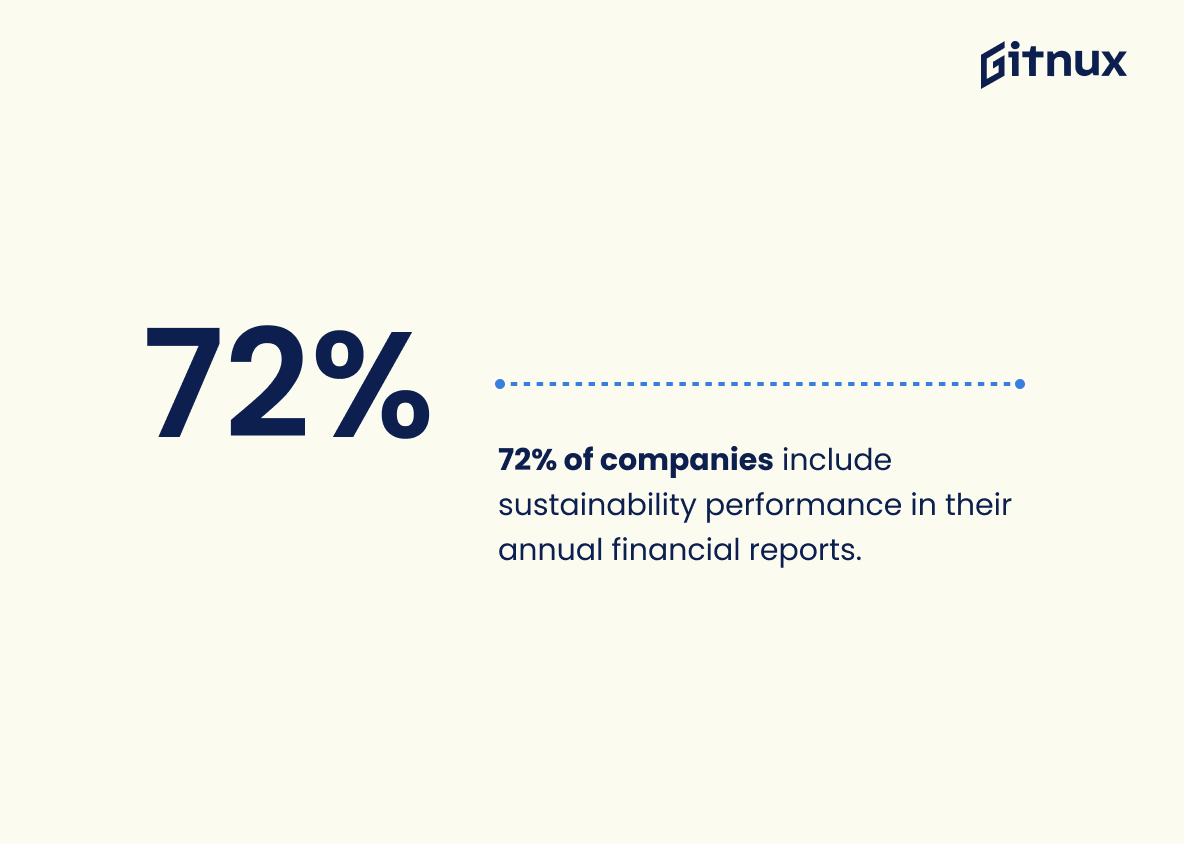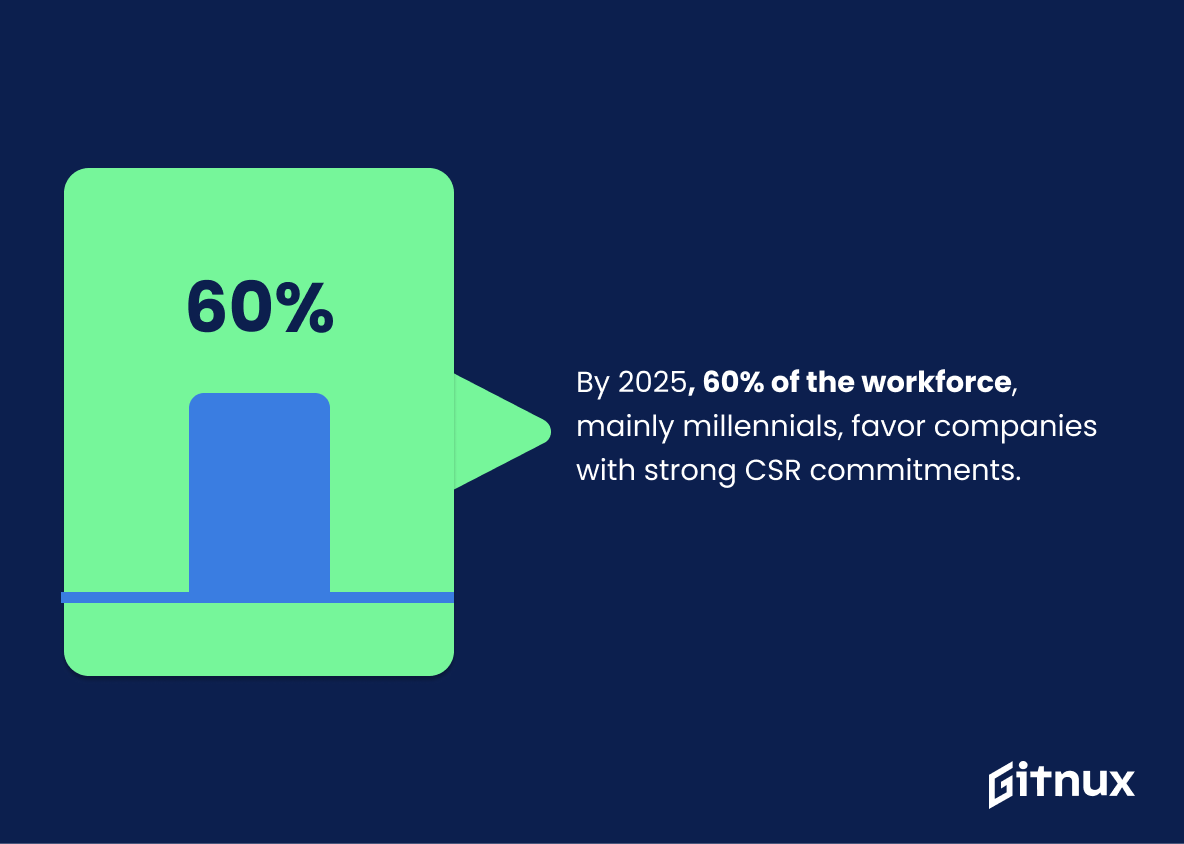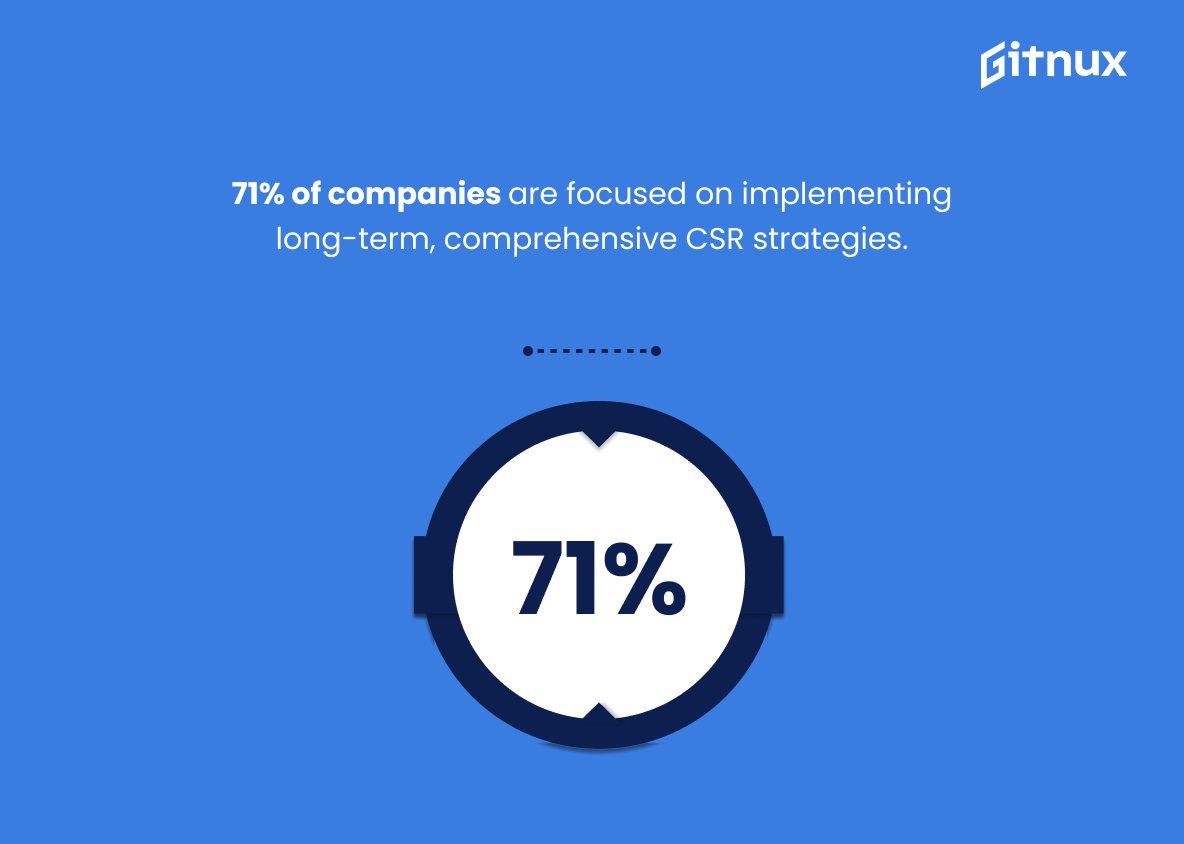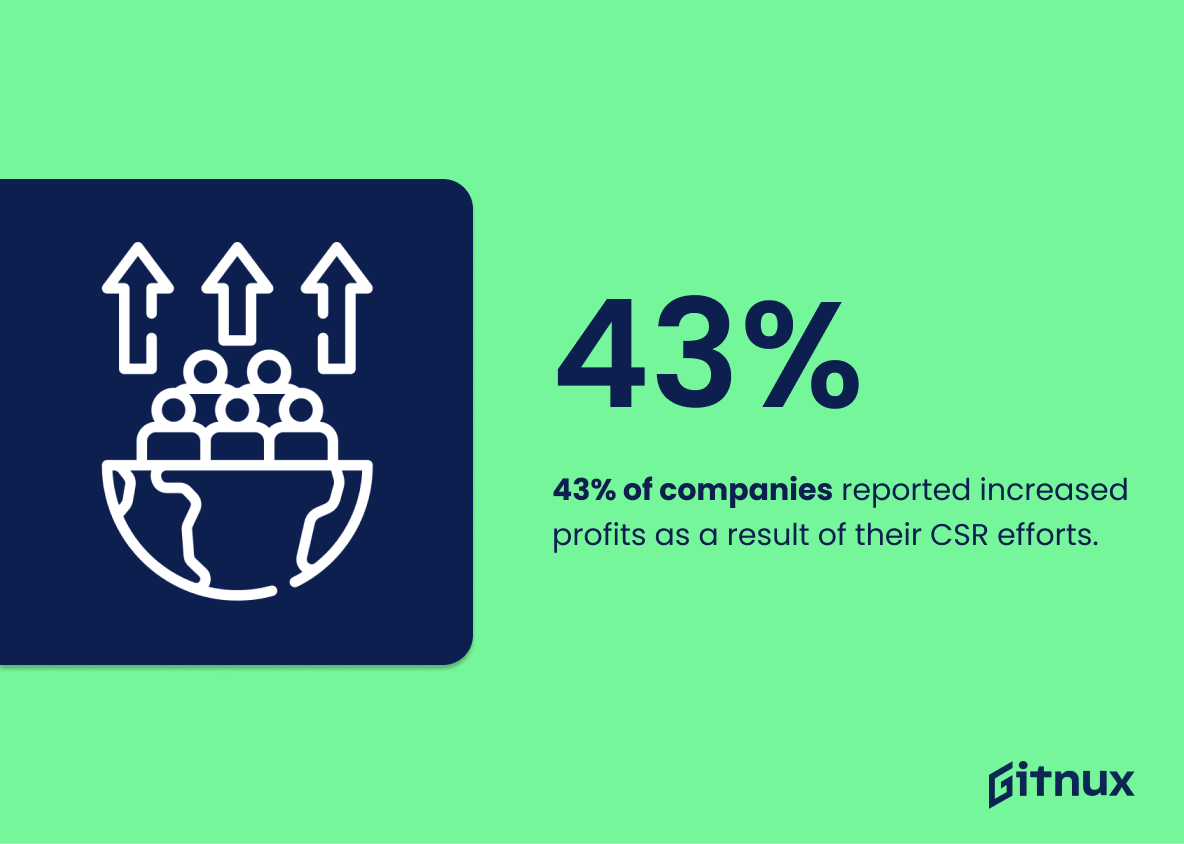The importance of corporate social responsibility (CSR) is becoming increasingly evident in today’s business world. Companies are recognizing the need to invest in initiatives that benefit society, and consumers are rewarding them for it. This blog post will explore some key statistics on CSR from a variety of sources, including research studies and surveys conducted by organizations such as Cone Communications, Boston College Center for Corporate Citizenship, McKinsey & Company, PwC CEO Agenda Survey 2020, Nielsen Global Consumer Report 2014 and Harvard Business Review 2017. We’ll look at how companies can benefit from investing in CSR activities like environmental protection or disaster response efforts; what kind of impact these investments have on employee engagement levels; how consumer attitudes towards socially responsible businesses affect their purchasing decisions; and more. By understanding these facts about corporate social responsibility we can gain insight into why this trend is growing so rapidly across industries worldwide.
This statistic is a powerful indicator of the financial benefits of Corporate Social Responsibility (CSR). Companies with strong CSR policies and higher responsible investment ratings have a lower cost of capital, meaning they can access capital at a lower cost than those with lower ratings. This can be a major advantage for businesses, as it allows them to invest more in their operations and grow their business. Ultimately, this statistic demonstrates that CSR is not only beneficial from an ethical standpoint, but also from a financial one.
Approximately 64% of CEOs plan to increase investments in CSR initiatives in the next three years.
This statistic is a powerful indicator of the growing importance of Corporate Social Responsibility (CSR) initiatives. It shows that the majority of CEOs recognize the value of investing in CSR initiatives and are willing to commit resources to them. This is a clear sign that CSR is becoming an increasingly important part of corporate strategy and that companies are taking it seriously. It is also a sign that companies are recognizing the potential benefits of CSR initiatives, such as improved public perception, increased employee engagement, and better customer relationships.
Corporate Social Responsibility Statistics Overview
55% of global online consumers are willing to pay extra for products and services from companies committed to positive social and environmental impact.
This statistic is a powerful indicator of the importance of Corporate Social Responsibility (CSR) in today’s world. It shows that a majority of global online consumers are willing to put their money where their values are, and support companies that are committed to making a positive impact on society and the environment. This demonstrates the power of CSR to influence consumer behavior and the potential for businesses to benefit from taking a responsible approach to their operations.
85% of companies in the S&P 500 Index published sustainability or corporate responsibility reports in 2017.
This statistic is a testament to the growing importance of Corporate Social Responsibility (CSR) in the business world. It shows that the majority of companies in the S&P 500 Index recognize the need to be socially responsible and are taking steps to demonstrate their commitment to CSR. This is a positive sign for the future of CSR, as it indicates that more and more companies are taking the initiative to be socially responsible and are investing in sustainability initiatives.
Companies with highly effective CSR communication can increase their market value by up to 3.5%.
This statistic is a powerful reminder of the potential impact that effective CSR communication can have on a company’s market value. It highlights the importance of investing in CSR initiatives and communicating them effectively to the public in order to maximize the potential return on investment. In other words, this statistic serves as a reminder that CSR is not just a nice-to-have, but a strategic business decision that can have a real and measurable impact on a company’s bottom line.
CSR practices are seen as a way of creating shared value for businesses, society, and the environment by 92% of executives.
This statistic is a powerful testament to the importance of Corporate Social Responsibility (CSR) practices. It shows that the majority of executives recognize the potential of CSR to create a positive impact on businesses, society, and the environment. This statistic is a clear indication that CSR is no longer seen as a mere cost-cutting measure, but rather as an essential part of a company’s strategy for success.
Companies that invest in CSR initiatives have 13% higher employee engagement levels.
This statistic is a powerful testament to the positive impact that Corporate Social Responsibility initiatives can have on employee engagement. It shows that when companies invest in CSR, their employees are more likely to be engaged and motivated in their work. This is an important factor for any business, as it can lead to increased productivity and improved customer satisfaction. Ultimately, this statistic highlights the importance of CSR and its ability to create a more positive work environment.
A 1% increase in CSR investments leads to a 0.3% increase in sales growth.
This statistic is a powerful indicator of the positive impact that Corporate Social Responsibility (CSR) investments can have on a company’s sales growth. It shows that even a small increase in CSR investments can lead to a significant increase in sales growth, making it a valuable tool for businesses looking to maximize their profits. This statistic is a clear reminder that CSR investments are not only beneficial for society, but also for businesses.
74% of business leaders believe that sustainability should be incorporated into their company’s supply chain management.
This statistic is a powerful indicator of the importance of sustainability in the corporate world. It shows that the majority of business leaders recognize the need to incorporate sustainability into their supply chain management, demonstrating a commitment to Corporate Social Responsibility. This statistic is a clear sign that sustainability is becoming an increasingly important factor in the business world, and that companies are taking steps to ensure that their operations are socially responsible.
72% of companies include sustainability performance in their annual financial reports.
This statistic is a testament to the growing importance of Corporate Social Responsibility (CSR) in the business world. It shows that more and more companies are recognizing the need to be socially responsible and are taking steps to ensure that their operations are sustainable. This is a positive sign for the future of CSR, as it indicates that companies are taking the initiative to be more responsible and accountable for their actions. Furthermore, it demonstrates that companies are increasingly aware of the need to be transparent about their sustainability performance, which is essential for building trust with stakeholders.
By 2025, 60% of the workforce will be millennials, who prioritize working for a company with a strong CSR commitment.
This statistic is a powerful indicator of the importance of Corporate Social Responsibility (CSR) in the modern workplace. By 2025, the majority of the workforce will be millennials, who are increasingly looking for employers who demonstrate a commitment to CSR. This means that companies who prioritize CSR will have a competitive advantage in the job market, as they will be able to attract and retain the best talent.
71% of companies are focused on implementing long-term, comprehensive CSR strategies.
This statistic is a testament to the growing importance of Corporate Social Responsibility (CSR) in the business world. It shows that the majority of companies are taking the initiative to create and implement long-term strategies that prioritize social and environmental responsibility. This indicates that CSR is no longer just a passing trend, but a fundamental part of how businesses operate.
43% of companies reported increased profits as a result of their CSR efforts.
This statistic is a powerful testament to the positive impact that Corporate Social Responsibility (CSR) can have on a company’s bottom line. It shows that investing in CSR initiatives can be a smart business decision, as it can lead to increased profits. This statistic is an important reminder that CSR is not just a feel-good exercise, but can also be a sound financial investment.
Conclusion
The statistics presented in this blog post demonstrate the importance of Corporate Social Responsibility (CSR) for businesses, consumers, and employees alike. 88% of consumers are more likely to purchase from a company that supports environmental and social issues; 96% of companies are involved in at least one corporate citizenship activity; 66% of young people want to work for socially responsible companies; between 2008 and 2015, companies giving over 75% pre-tax profits almost doubled; strong CSR policies have a lower cost of capital than those with lower ratings; 64% CEOs plan to increase investments in CSR initiatives within three years; 55 % global online customers willing pay extra for products/services from committed positive social & environment impact firms ; 85 % S&P 500 Index published sustainability or corporate responsibility reports 2017 ; 3.5 % market value can be increased by highly effective communication on CSR practices ; 92 % executives believe shared values created through CSR activities benefit business , society & environment . Companies investing into such initiatives also experience higher employee engagement levels (13%) as well as sales growth (0.3%). Global spending on communications related to these efforts reached $7.6 billion while 43 percent reported an increase in profits due their involvement with them. Finally, 71 percent focus on long-term strategies while 63 percent prioritize taking stands regarding environmental matters when it comes down to employment opportunities – especially since millennials will make up 60 per cent workforce by 2025 who prefer working under such conditions.. These figures clearly show how important it is for organizations today not only take part but invest heavily into Corporate Social Responsibility programs if they wish remain competitive both now and moving forward
References
0. – https://www.mckinsey.com
1. – https://www.accenture.com
2. – https://www.kpmg.com
3. – https://www.bcg.com
4. – https://www.pwc.com
5. – https://www.us.spindices.com
6. – https://www.hbr.org
7. – https://www.nielsen.com
ZipDo, cited June 2023: Corporate Social Responsibility Statistics
